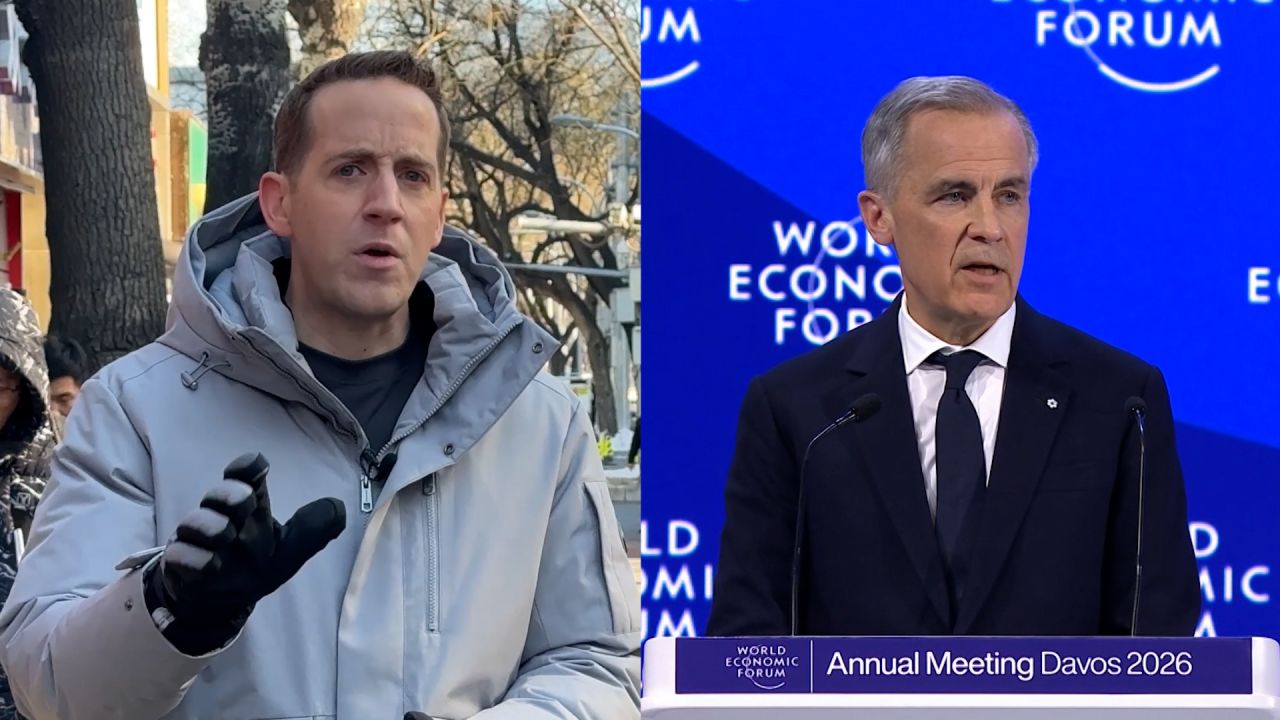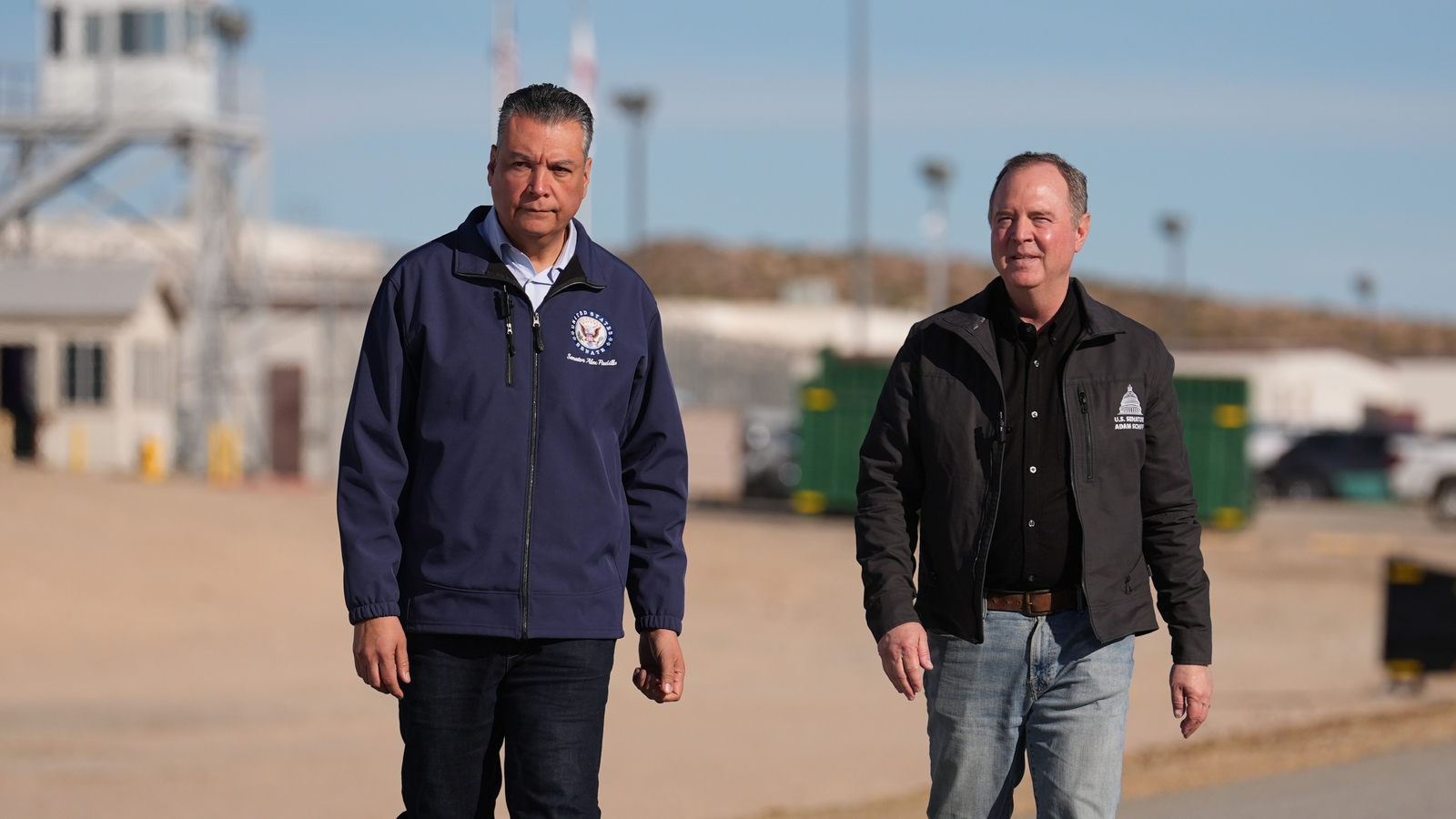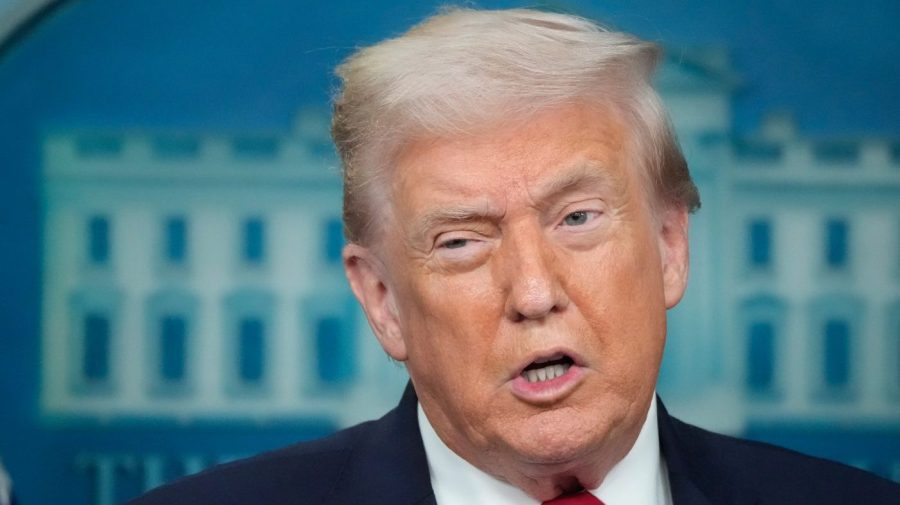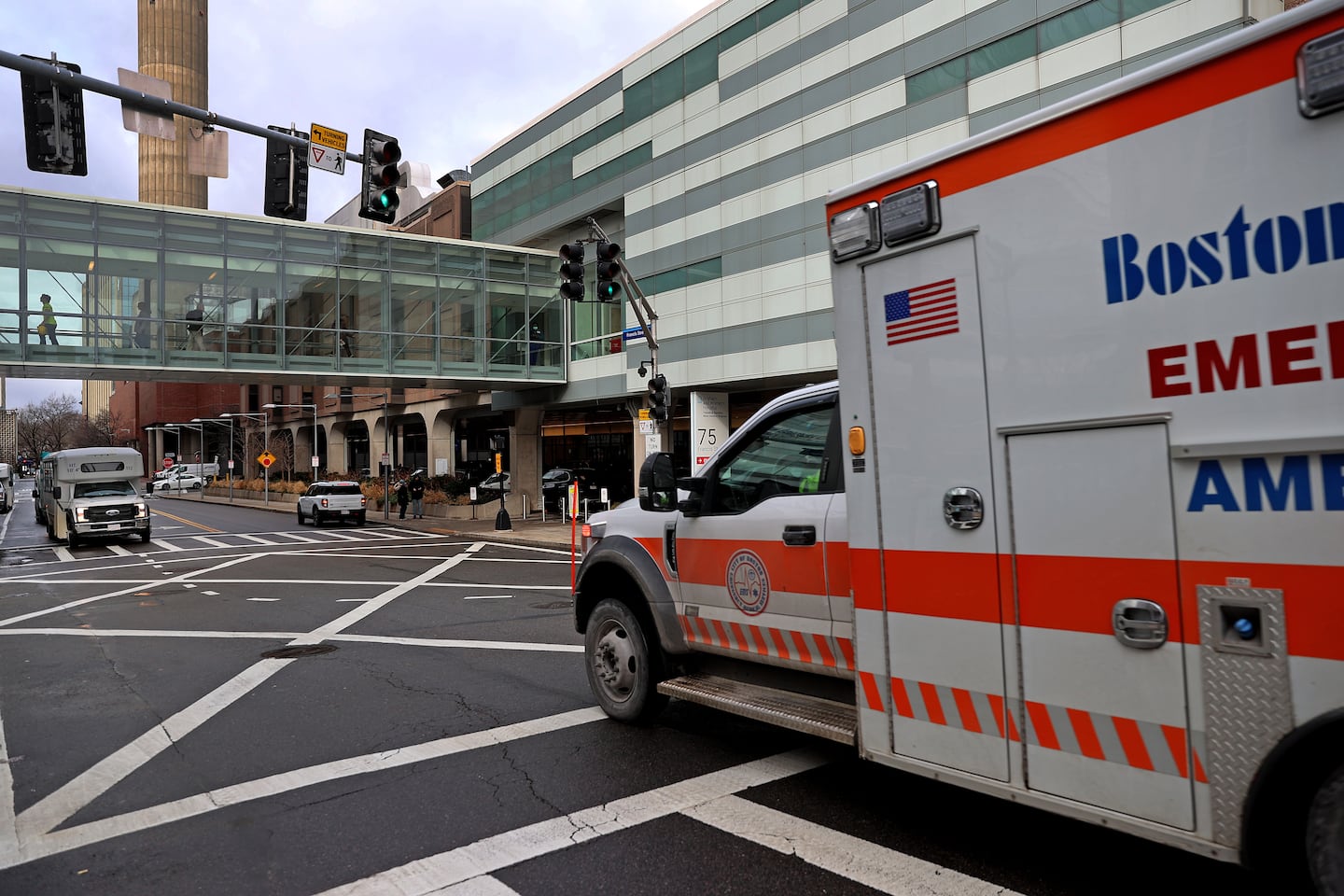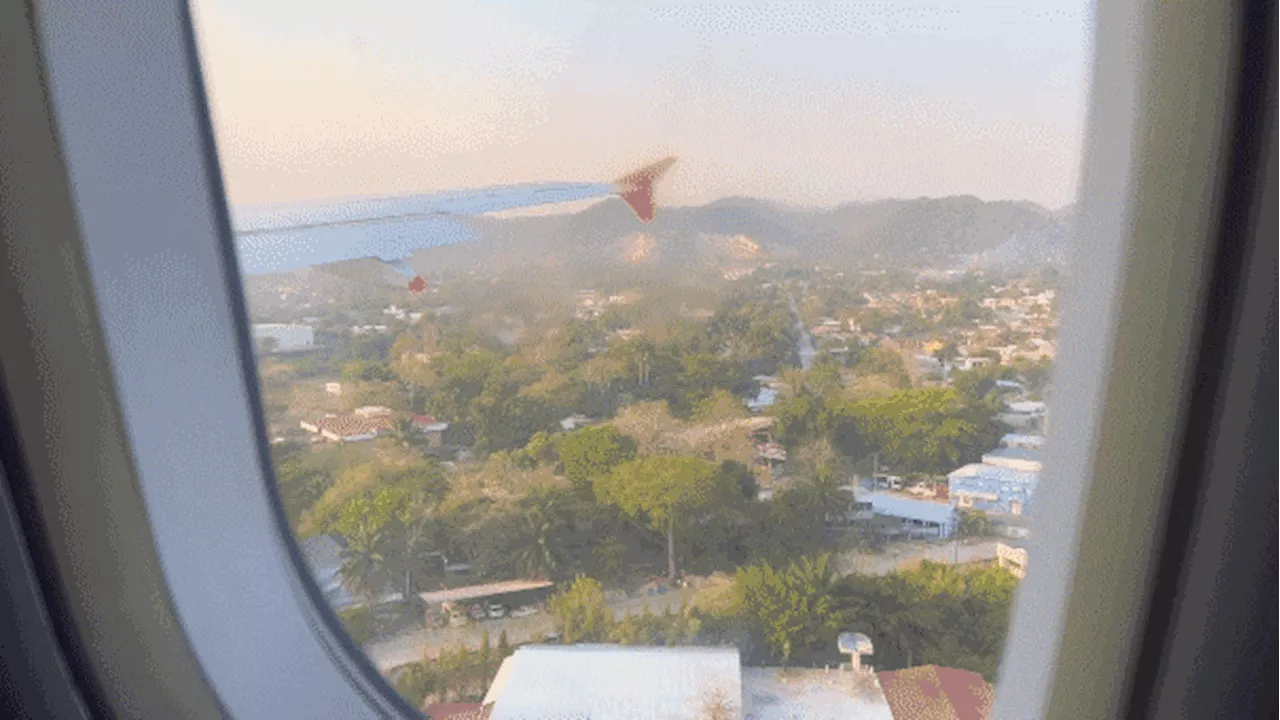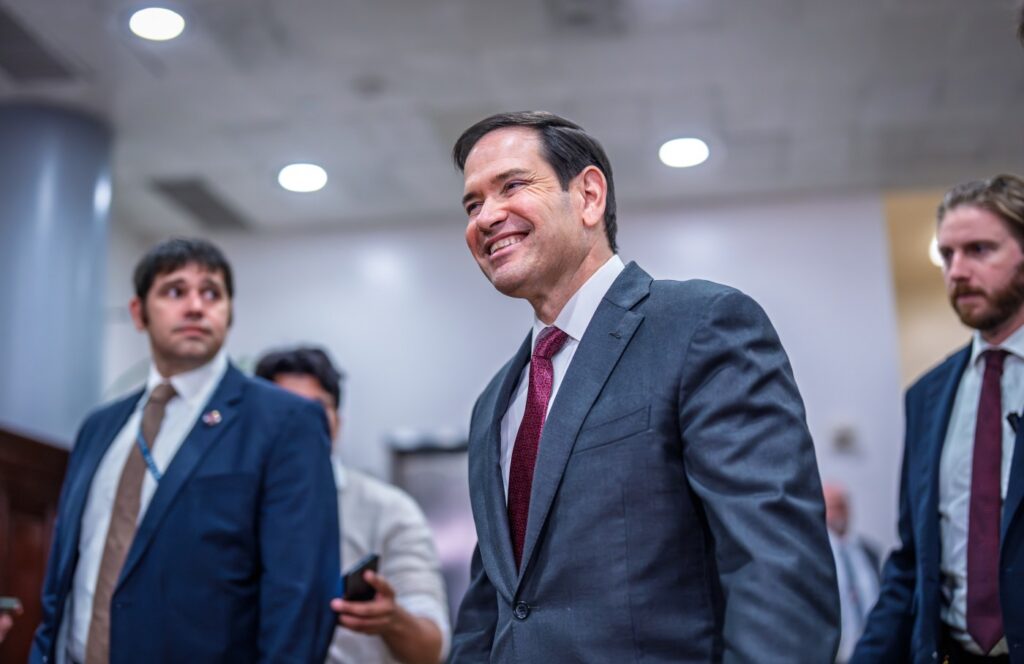
The recent increase in U.S. naval operations near Venezuela has ignited concerns regarding transparency and accountability in military actions. Since early September, the U.S. military has conducted 21 strikes against vessels suspected of drug smuggling in the Caribbean and eastern Pacific, resulting in the deaths of at least 83 individuals. These operations are being carried out by the newly formed Joint Task Force Southern Spear, under the auspices of U.S. Southern Command.
The backdrop of this escalation draws parallels to historical military interventions. In 1964, the Johnson administration claimed that U.S. destroyers, the USS Maddox and USS Turner Joy, were attacked in the Gulf of Tonkin. Subsequent declassified intelligence suggested that the second attack likely never occurred. This misrepresentation granted President Lyndon Johnson sweeping war powers in Vietnam without a formal declaration, highlighting the dangers of acting on uncertain evidence.
Current operations are framed by the Trump administration as counter-narcotics efforts. Yet many analysts argue that the military buildup bears a striking resemblance to the initial stages of past conflicts. Critics warn that even a minor skirmish could escalate into broader military action against the Venezuelan government. This potential for miscalculation raises serious concerns about the administration’s willingness to use military force for political objectives.
Earlier this year, federalized troops were deployed into Los Angeles, a move widely criticized as an attempt to provoke unrest and justify a broader crackdown. Residents, however, resisted such provocations, demonstrating a clear desire to avoid unnecessary conflict. The situation is particularly precarious when considering the implications of military strikes abroad.
Despite the fatalities associated with the recent operations, the administration has not released any public evidence to justify the use of lethal force. There are no disclosed names of those targeted, cargo manifests, or photographs to provide context for these actions. The absence of such transparency raises significant questions about the decision-making process behind these strikes.
It is essential for a constitutional republic to operate with clarity and accountability. Questions regarding the identity of targets, the definition of “hostile intent,” and the verification of intelligence prior to the use of lethal force are fundamental to democratic oversight. Yet, Congress has largely remained silent on these matters. U.S. Representative Jen Kiggans, who serves on the House Armed Services Committee, has not publicly called for unclassified briefings or evidence concerning the strikes. This silence constitutes not oversight, but an abdication of responsibility.
While some level of secrecy is necessary to protect military operations, unclassified summaries could still be provided to explain the legal basis for the strikes, the intelligence employed, and the rationale for opting for lethal force over arrest. The American public deserves insight into the actions taken in their name, especially when those actions result in loss of life.
The historical context of military interventions, from Vietnam to Iraq, serves as a cautionary tale. Covert or loosely justified missions often lead to prolonged conflicts. Each time, the American public was promised that such errors would not be repeated. With contingency planning reportedly underway for possible actions in Venezuela, there is a risk that history may be repeating itself in the region.
For communities like Hampton Roads, which is home to the world’s largest naval base, these decisions resonate deeply. Every deployment means service members are separated from their families, and each unexplained escalation creates anxiety among military families. They deserve clarity before loved ones are placed in harm’s way.
Congress must reclaim its constitutional role in matters of war. Lawmakers should insist on unclassified briefings regarding the 21 strikes carried out by Southern Command and demand timely notifications whenever lethal force is employed outside designated combat zones. Additionally, the War Powers Resolution needs updating to prevent open-ended “shadow wars” without adequate congressional oversight.
Lethal force should be a last resort, not standard operating procedure. Furthermore, the U.S. government must invest in diplomacy, regional cooperation, and development to address the root causes of narcotics trafficking. Military might alone is insufficient and often exacerbates existing issues.
Promoting oversight is not a sign of weakness; it reflects a confident nation that prioritizes accountability over secrecy. Before further conflicts spiral out of control, Congress must begin to ask essential questions, or the American public must demand that they do so, to prevent further loss of life in yet another miscalculated military endeavor.
Retired U.S. Marine Lieutenant Colonel Mike Williamson, who served for 20 years as an infantry officer and completed six overseas tours, emphasizes the need for accountability based on his extensive military experience. He previously served as the director of maritime fires for the U.S. Second Fleet and was a candidate for the U.S. Congress in the 2nd Congressional District.
